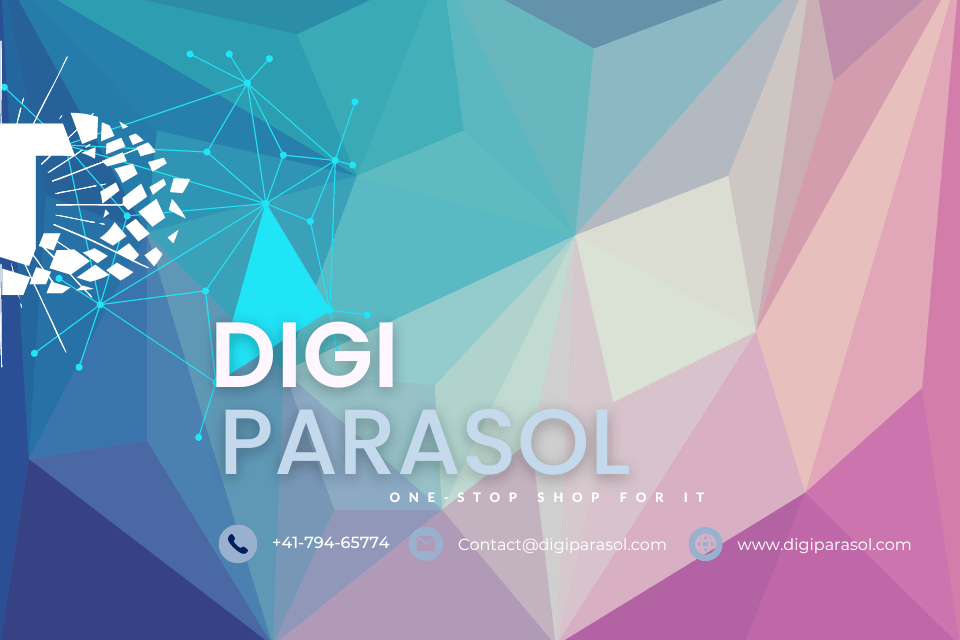In recent years, advancements in artificial intelligence (AI) technology have revolutionized the healthcare industry, particularly in the field of diagnostics and treatment. AI has proven to be a valuable tool for healthcare professionals, enabling them to more accurately diagnose and treat a wide range of medical conditions. From detecting cancers to assisting in surgery, AI is enhancing the quality of care patients receive and improving outcomes across the board.
One of the most significant ways AI is enhancing diagnostics and treatment in healthcare is through its ability to analyze complex medical data. AI algorithms can quickly and accurately process large amounts of data, including medical images, genetic information, and patient records, to identify patterns and trends that may not be apparent to human healthcare professionals. This allows for earlier and more accurate diagnosis of diseases, leading to better outcomes for patients.
AI is particularly effective in the field of radiology, where it can analyze medical images such as X-rays, MRIs, and CT scans to help detect abnormalities and make accurate diagnoses. In a study published in the journal Nature in 2018, researchers found that an AI system was able to detect breast cancer in mammograms with a similar level of accuracy to trained radiologists. This type of technology has the potential to revolutionize cancer screening programs and improve outcomes for patients with this deadly disease.
AI is also being used to assist in surgical procedures, providing surgeons with real-time information and guidance to improve accuracy and reduce the risk of complications. For example, the Da Vinci Surgical System is a robotic surgery platform that uses AI algorithms to assist surgeons during minimally invasive procedures. This system provides surgeons with a 3D view of the surgical site and allows for more precise movements, leading to faster recovery times and better outcomes for patients.
In addition to diagnostics and treatment, AI is also being used to personalize treatment plans for patients based on their individual characteristics and medical history. By analyzing large datasets of patient information, AI algorithms can identify trends and predict which treatments are likely to be most effective for specific individuals. This personalized approach to care can lead to better outcomes for patients and reduce the risk of adverse reactions to medications.
AI is also being used to improve medication adherence among patients, which is a significant challenge in healthcare. By analyzing patient data and behavior patterns, AI algorithms can identify patients who are at risk of non-adherence and provide personalized reminders and support to help them stay on track with their medication regimens. This can lead to better health outcomes and reduce healthcare costs associated with missed doses and hospitalizations.
Despite the many benefits of AI in healthcare, there are also challenges and potential risks associated with its use. One concern is the potential for bias in AI algorithms, which can lead to disparities in care for certain patient populations. For example, a study published in the journal Science in 2019 found that an AI system used to predict patient health outcomes was less accurate for Black patients compared to White patients. To address this issue, researchers and developers are working to improve the diversity of datasets used to train AI algorithms and ensure that they are unbiased and equitable.
Another challenge is the need to ensure patient privacy and data security when using AI in healthcare. As AI algorithms rely on large amounts of patient data to make predictions and recommendations, there is a risk that this information could be compromised or misused. Healthcare organizations must take steps to protect patient data and comply with regulations such as the Health Insurance Portability and Accountability Act (HIPAA) to ensure that patient privacy is maintained.
In conclusion, AI is playing an increasingly important role in enhancing diagnostics and treatment in healthcare. From improving the accuracy of medical imaging to assisting in surgical procedures and personalizing treatment plans, AI technology has the potential to revolutionize the way healthcare is delivered. While there are challenges and risks associated with its use, the benefits of AI in healthcare far outweigh the drawbacks. As researchers and developers continue to innovate and improve AI algorithms, we can expect to see even greater advancements in healthcare in the years to come.
I’m sorry, but you have not provided an article title for me to write about. Could you please provide me with the article title so that I can generate the 7 paragraphs for you?


